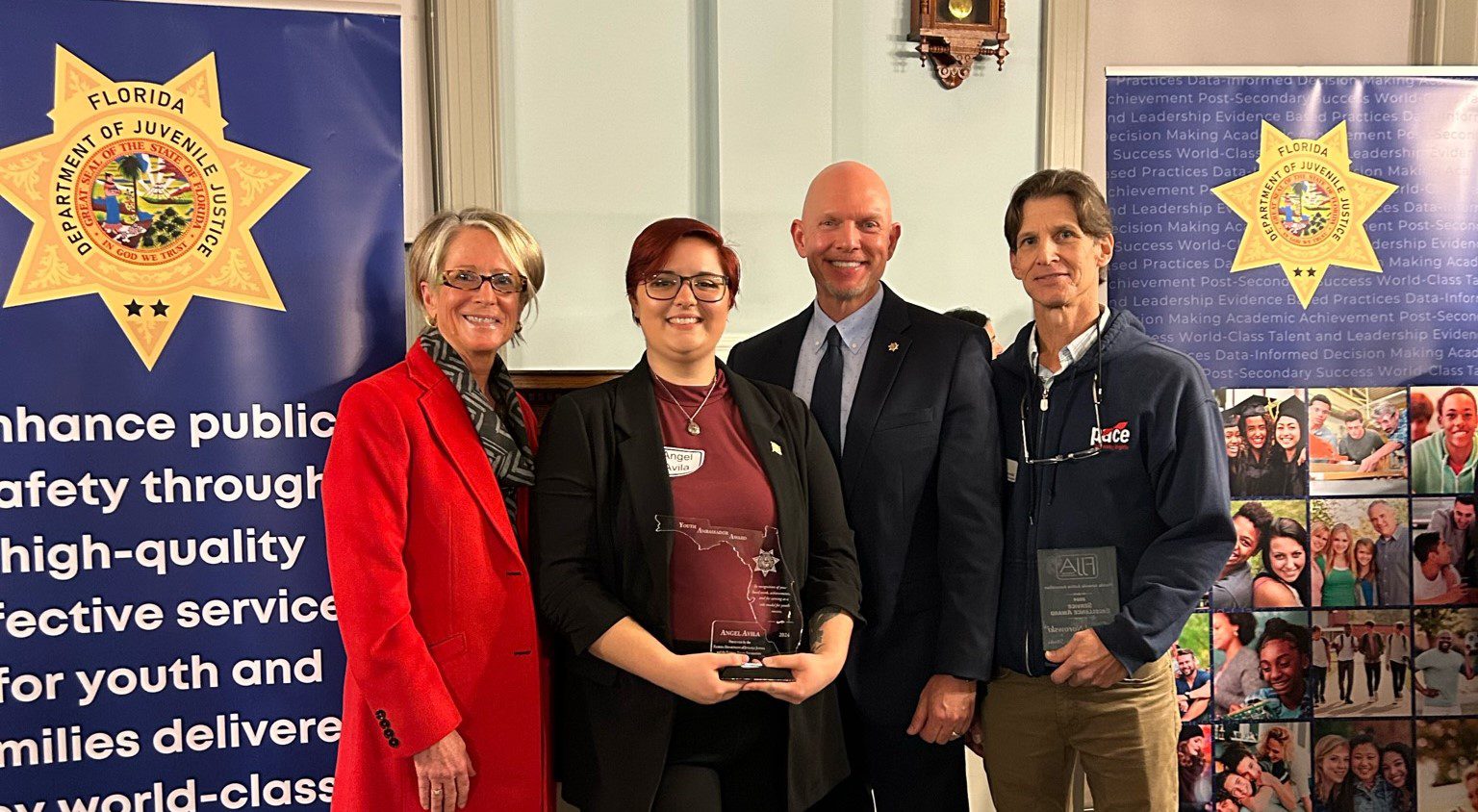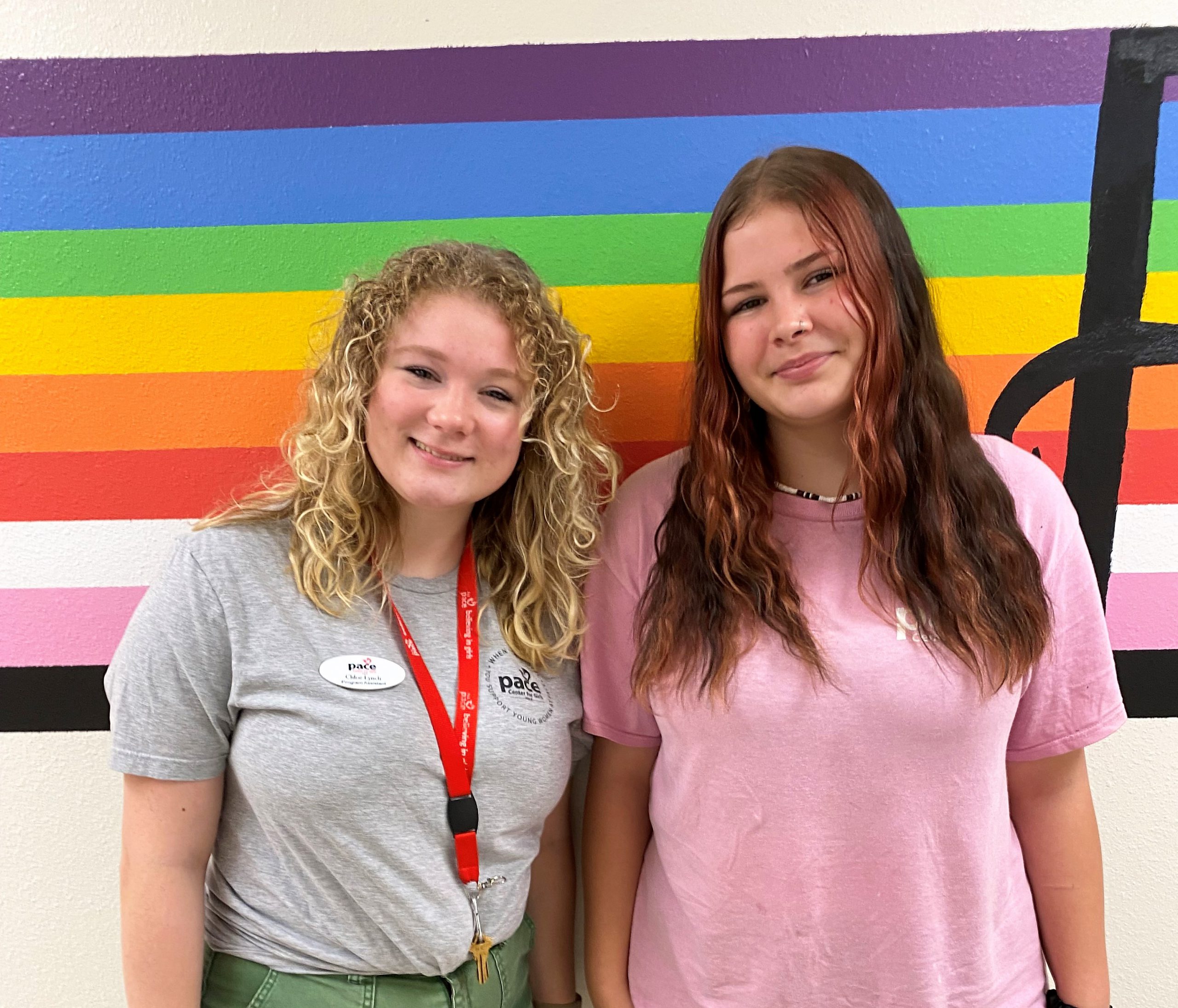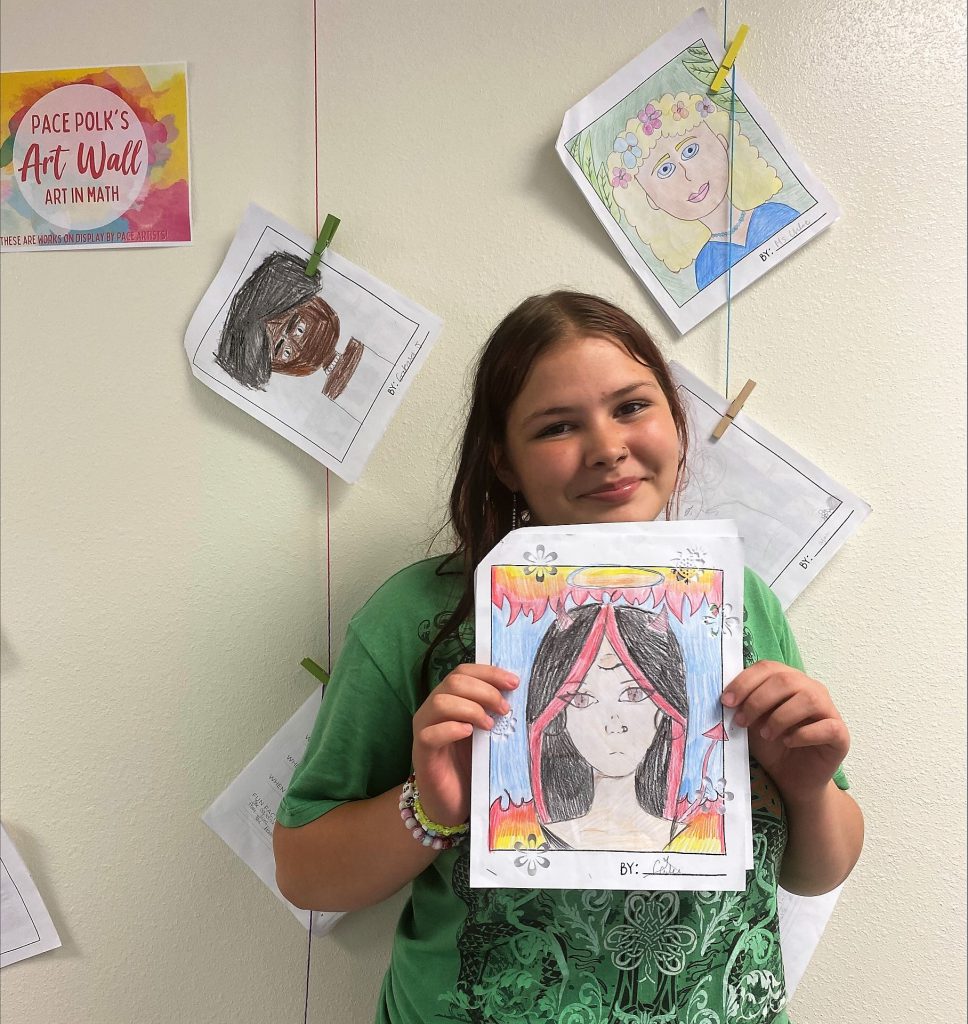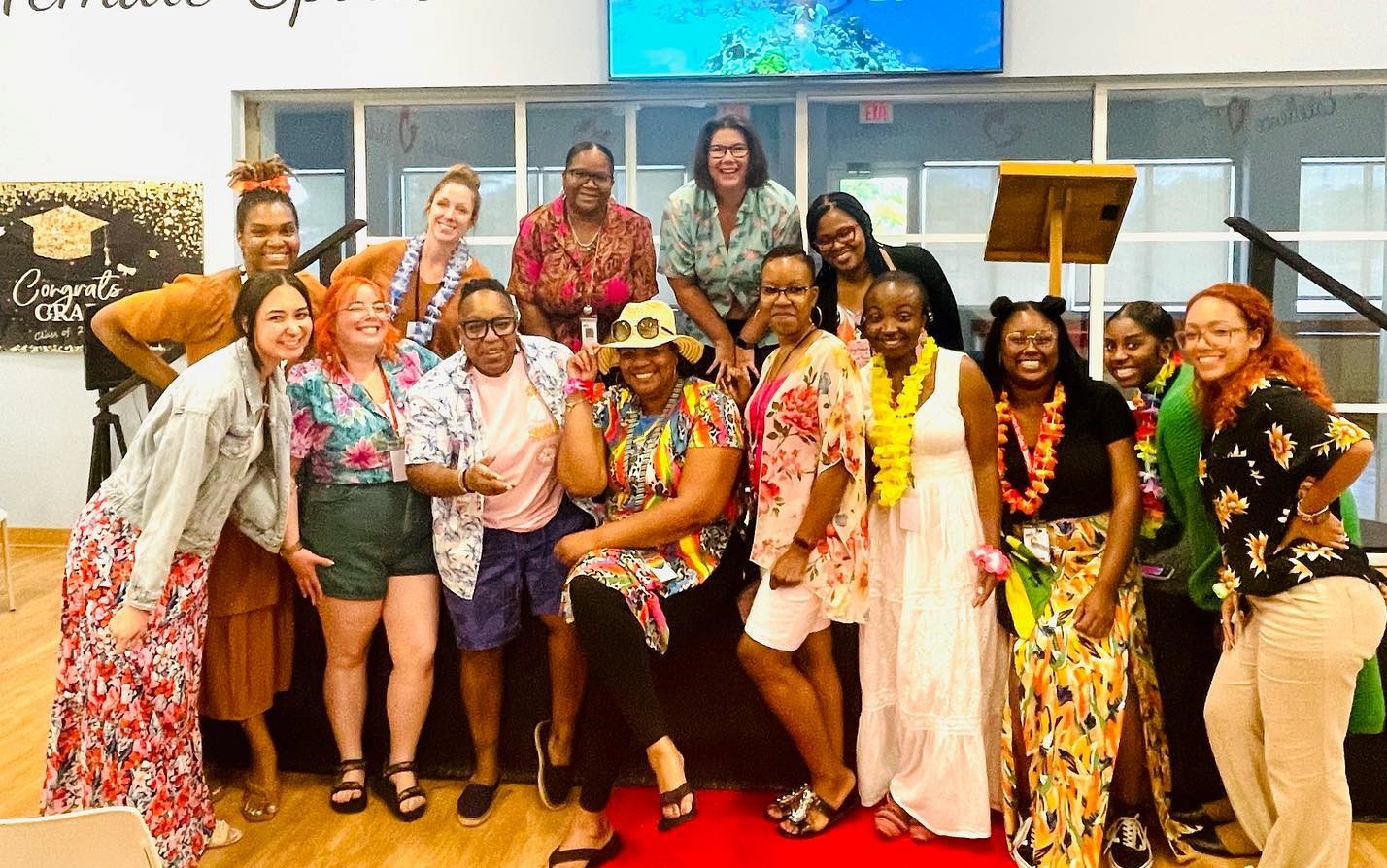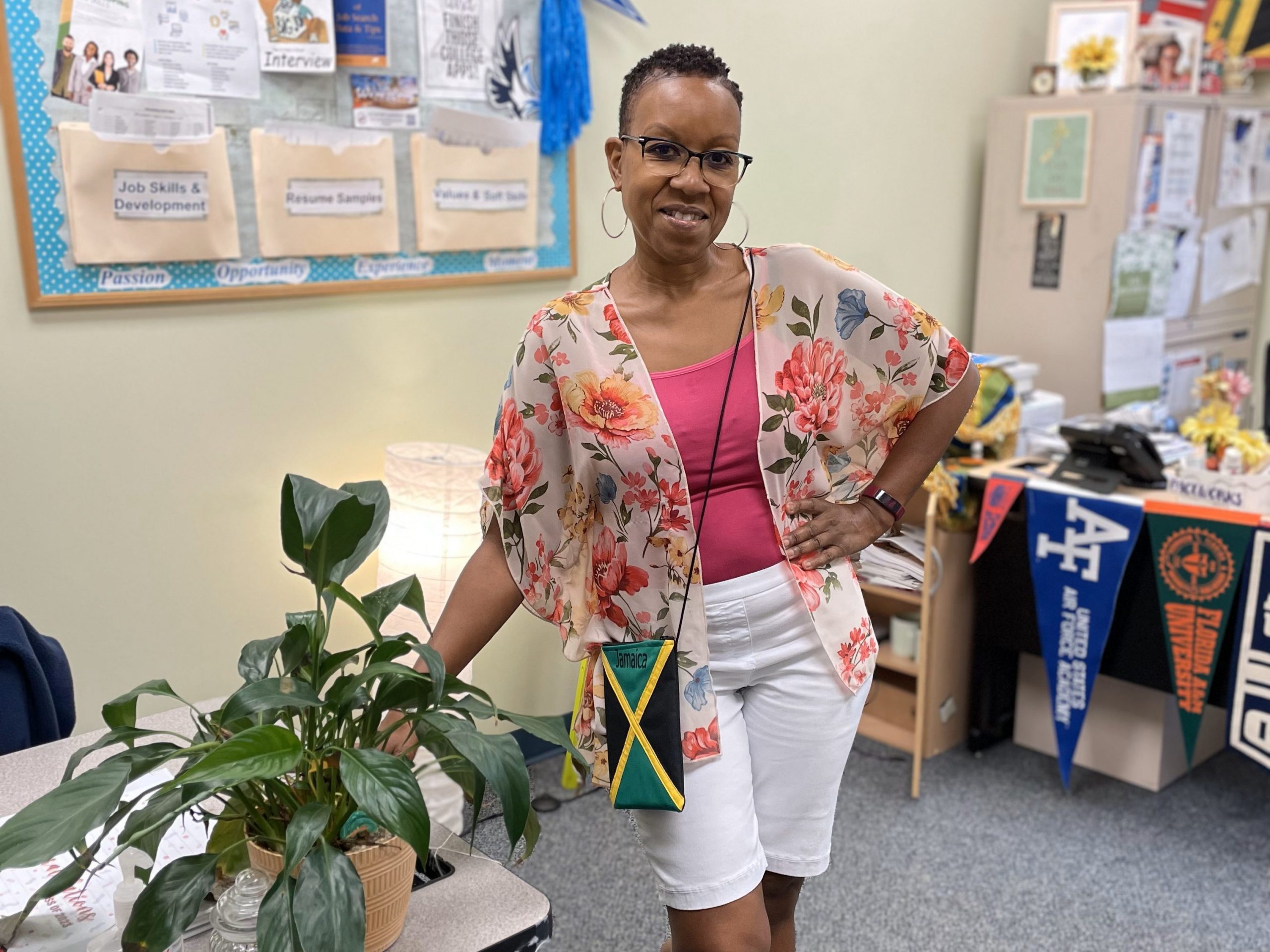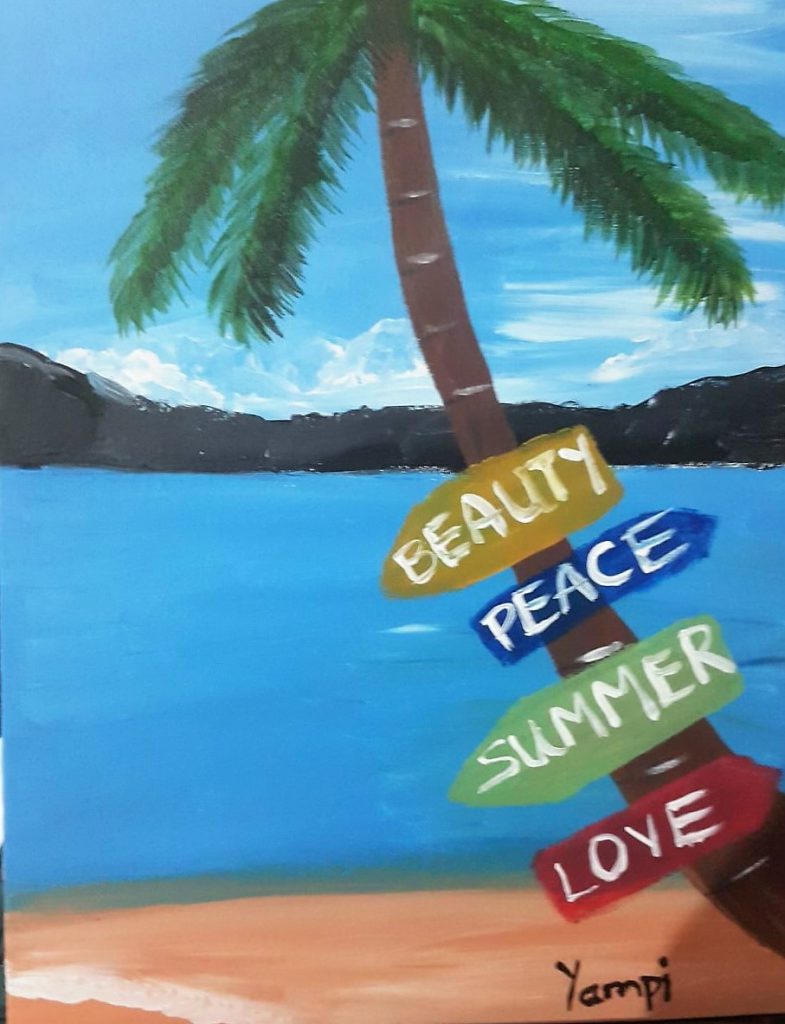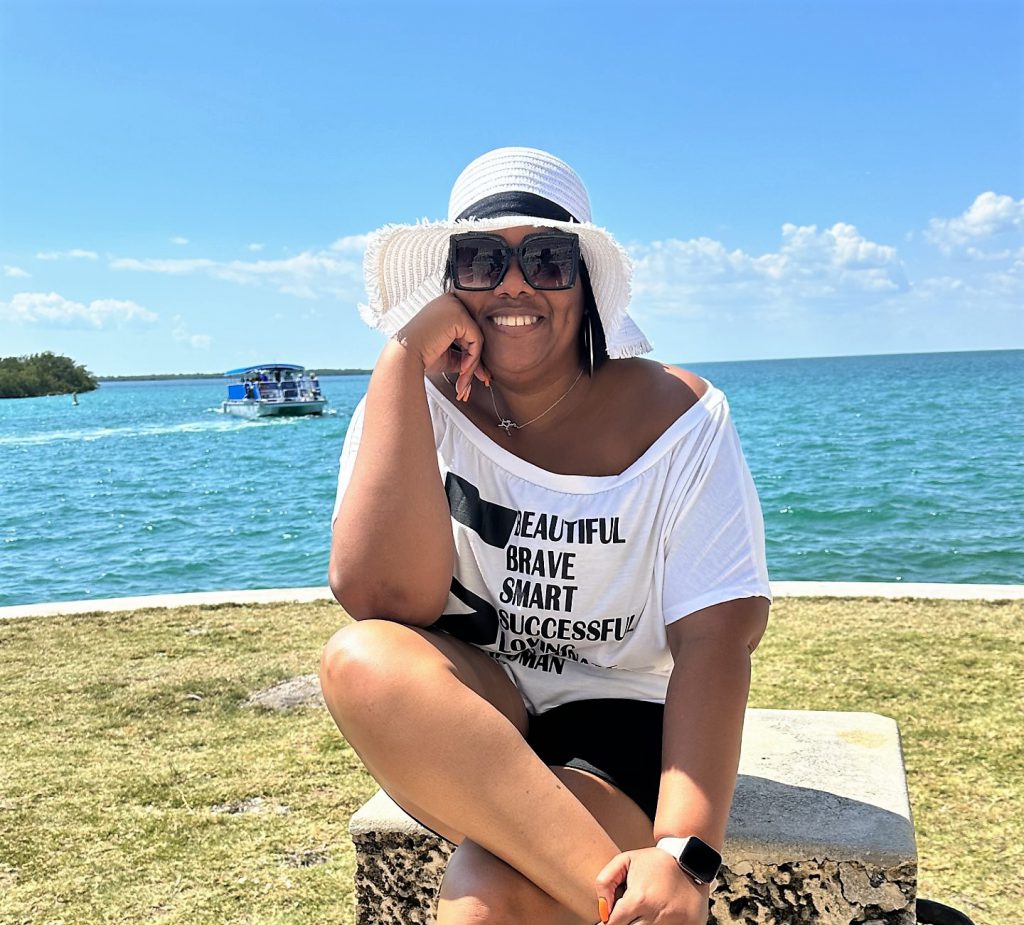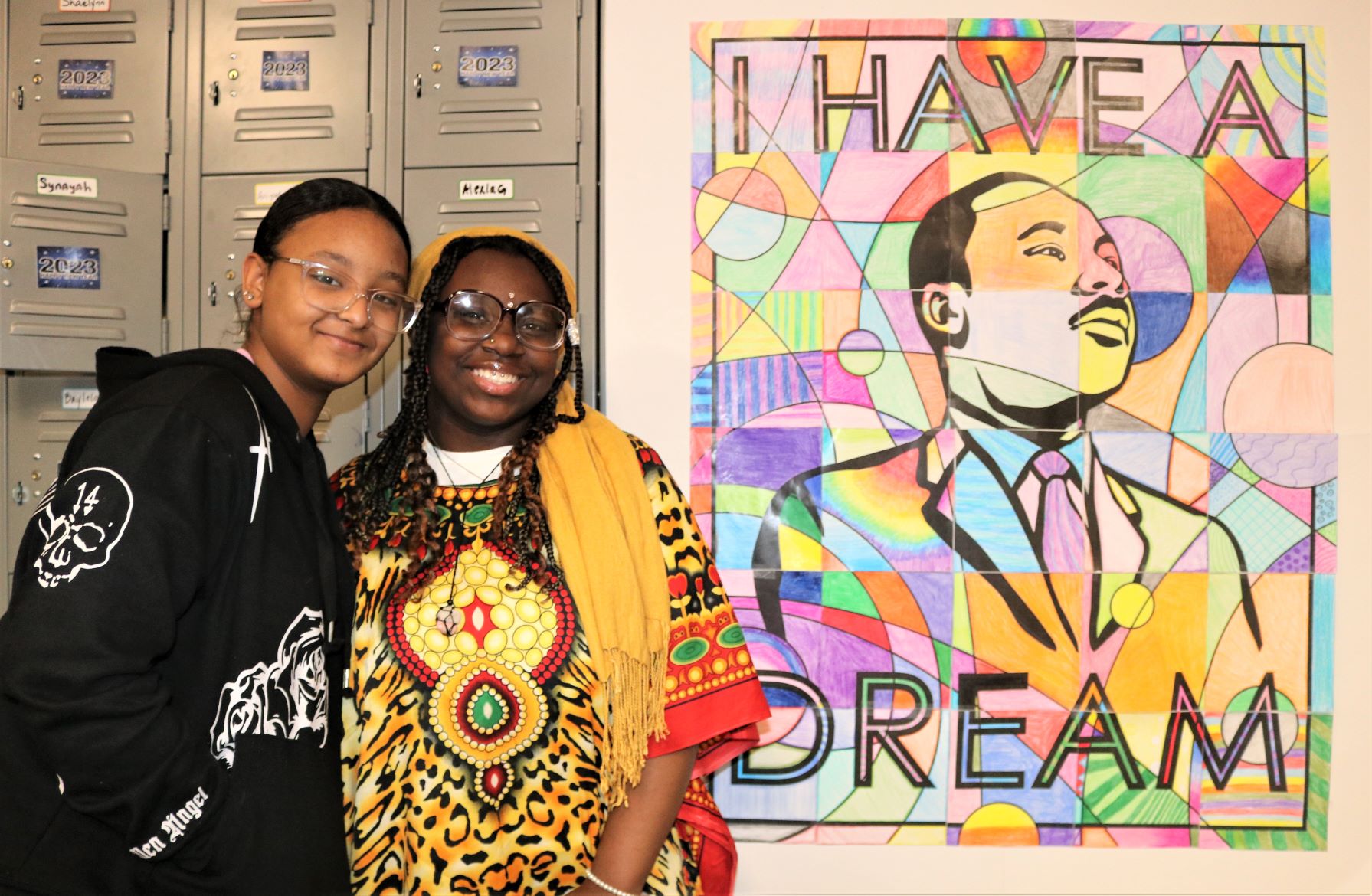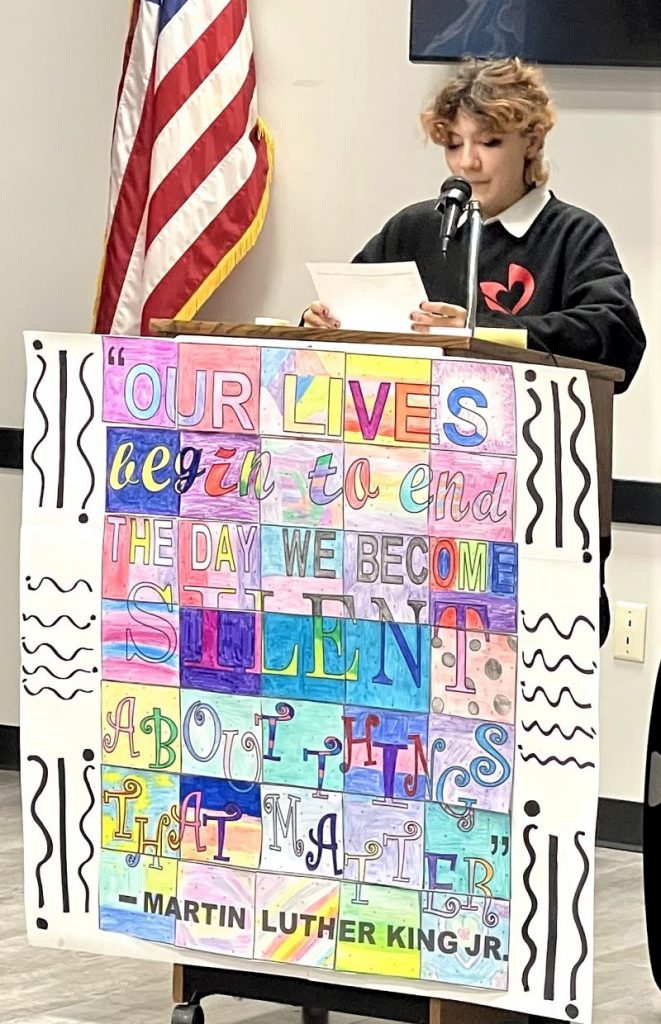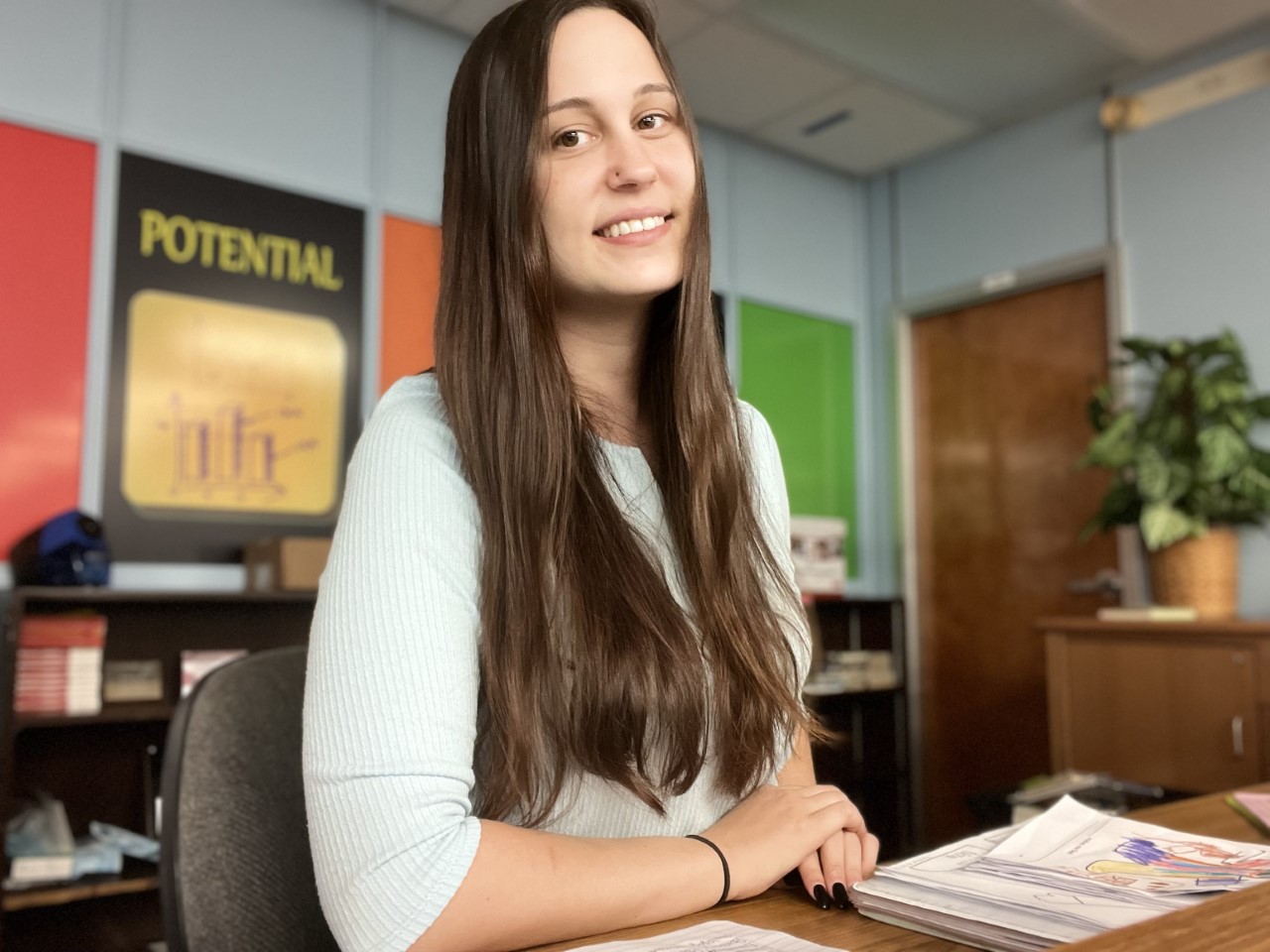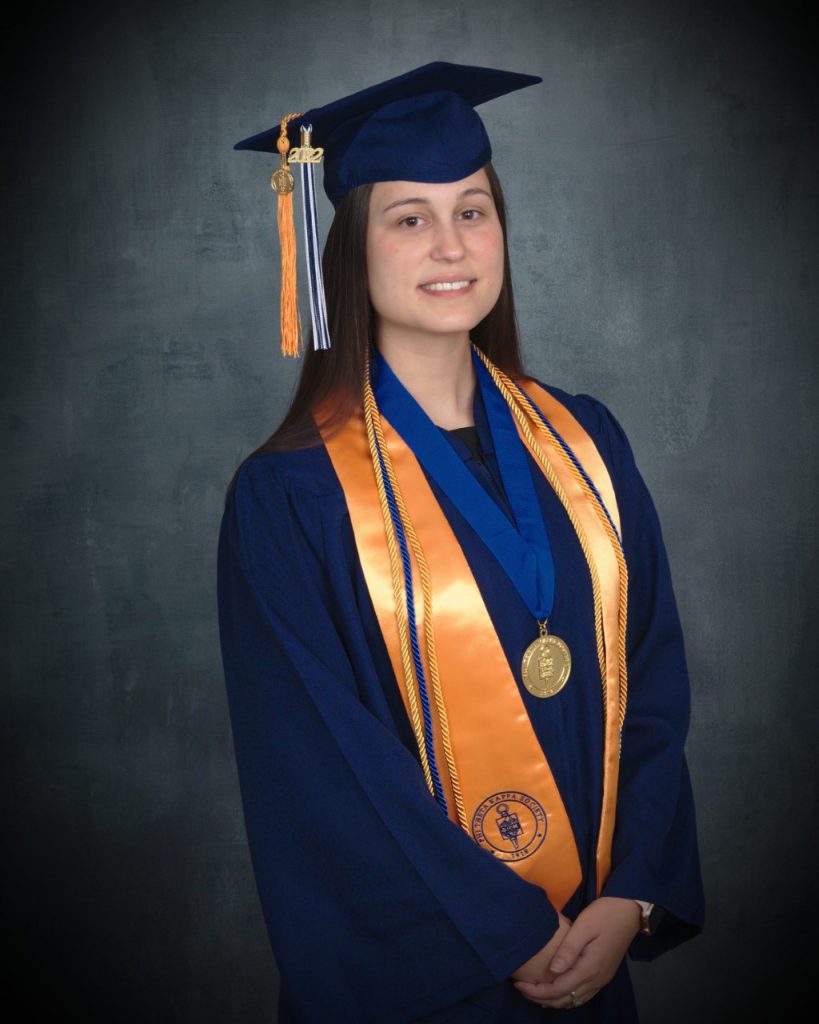Angel’s journey is marked by resilience. At a young age, she confronted formidable challenges that might have overwhelmed others. But Angel is not like many.
She found her way to Pace Pasco during the summer after sixth grade. When her previous middle school noticed her school attendance dropping, they suggested that she explore the option of joining Pace. Angel, though hesitant, decided to give it a try.
“During that period, my life was quite complex,” Angel reflected. “While I had maintained decent academic performance, I began to face challenges. I grappled with the temptation to skip school, turned to substances, and had many challenges at home. Additionally, my family faced chronic homelessness, compounding my difficulties.”
Angel’s early days at Pace were marked by uncertainty and adversity, but she had a fierce determination to rise above her circumstances. “My home necessarily wasn’t a safe environment and Pace provided me the safety I needed.”
“I became pregnant with my daughter shortly after enrolling at Pace and gave birth to her on the last day of school that academic year,” Angel recalled. “I was determined to get ahead academically and create a better future for my daughter.”
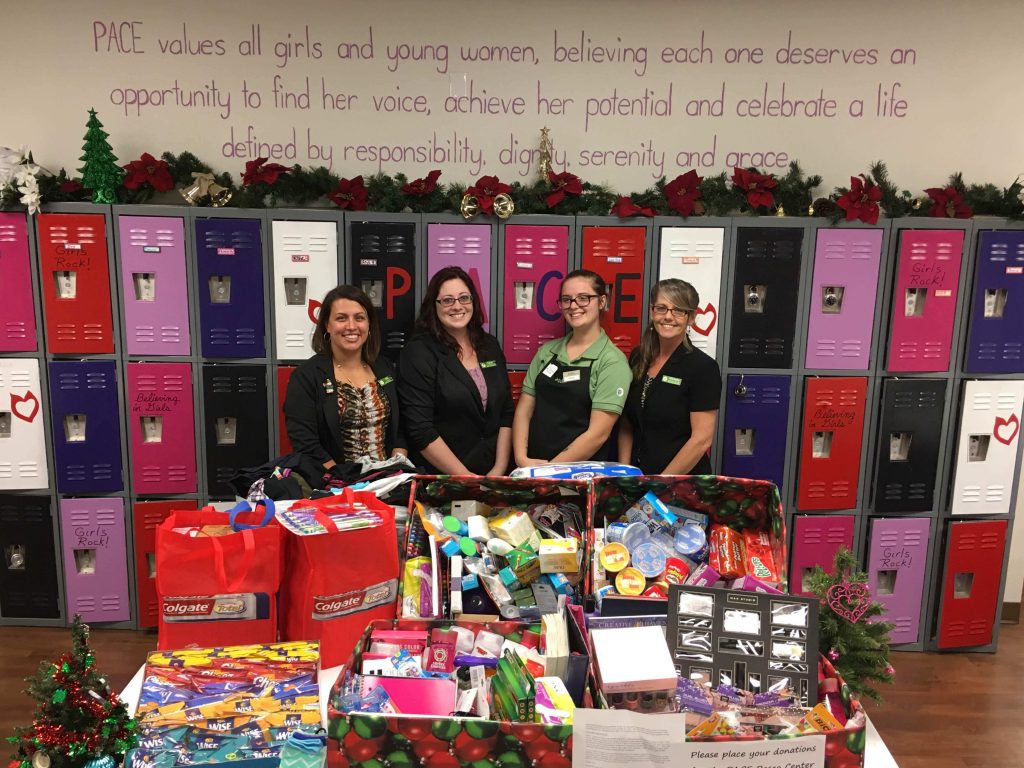
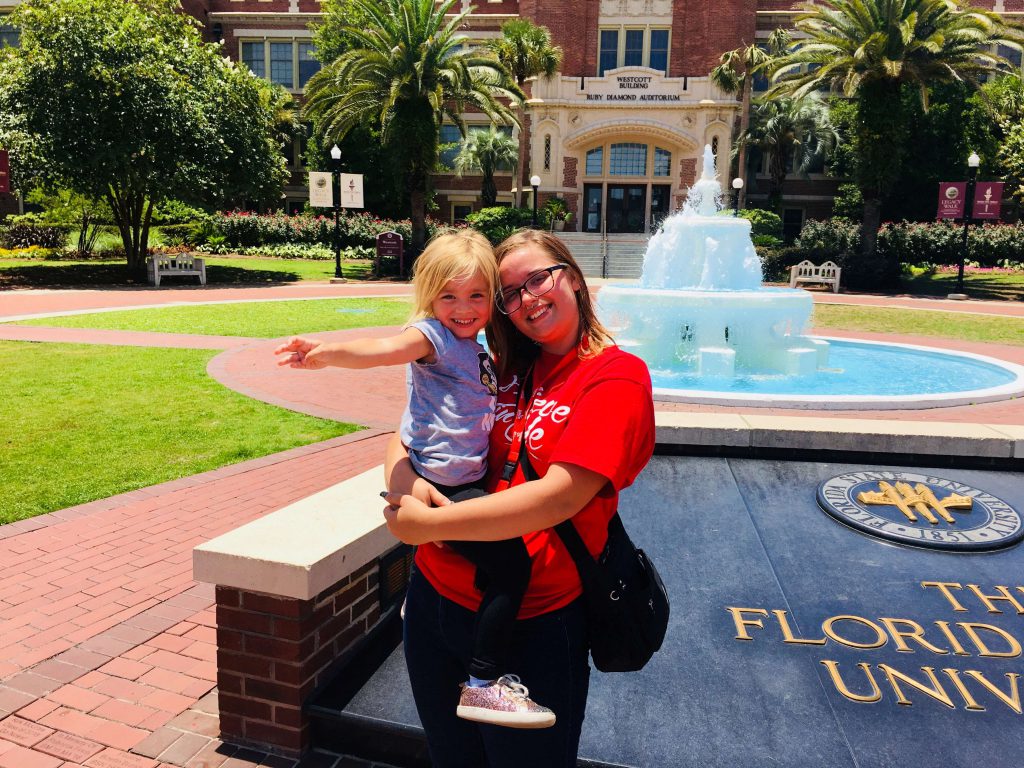
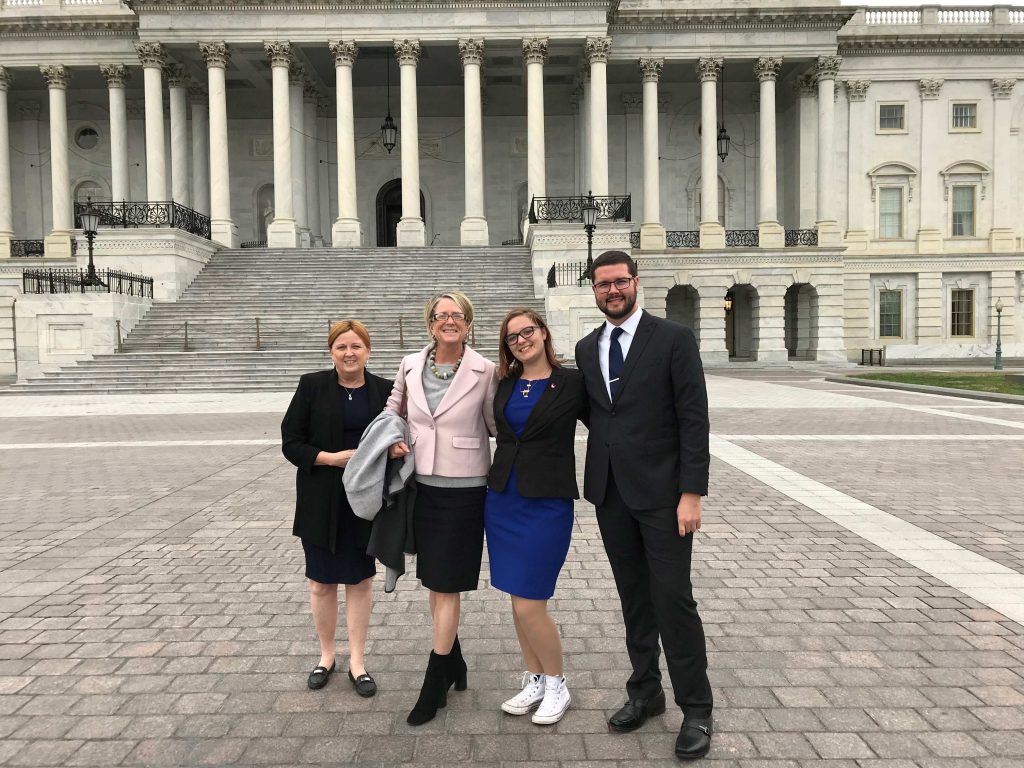
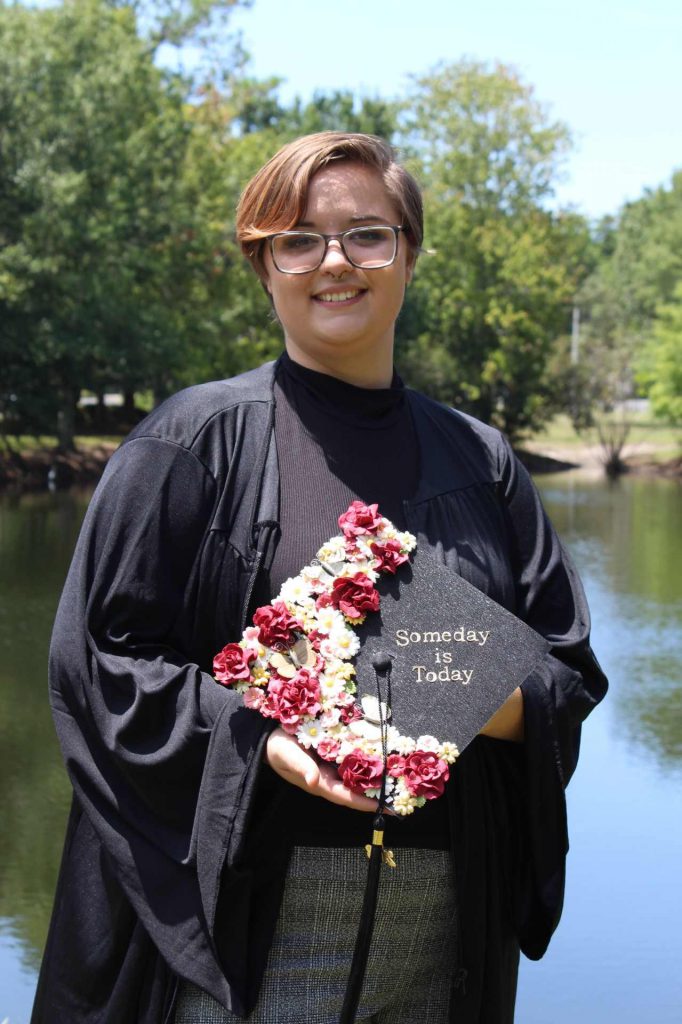
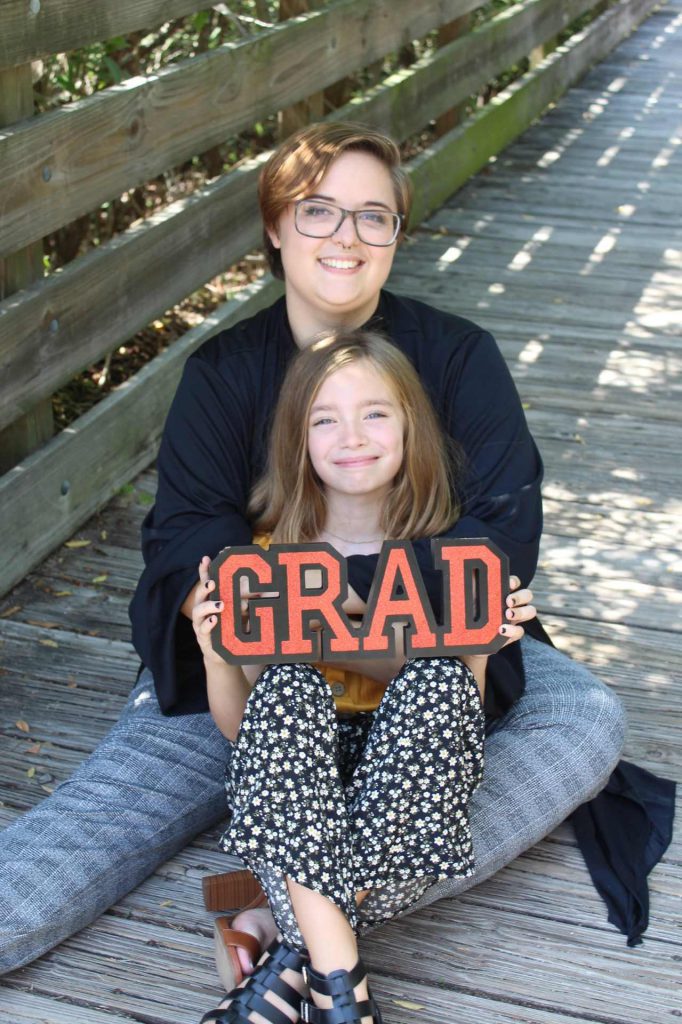
Pace became more than just a school for Angel; it was a lifeline that provided holistic support beyond what a typical educational institution offered. For Angel, Pace became a haven that understood her essential needs and went above and beyond to meet them.
Angel’s journey was far from conventional, but it was her unique path that set her apart. She graduated from high school at just 16 years old while working two jobs and enrolled at Florida State University, a testament to her unwavering dedication and the support she found at Pace. “Nobody in my family had gone to college. Pace taught me to care about my future.”
She proudly attributes her accomplishments to the foundation laid at Pace—a place that not only equipped her with academic skills but nurtured her emotional well-being and self-belief. “I think the most important part of Pace is the passion and the involvement of people that work there.”
Angel’s journey is an inspiration not only to herself but to everyone who crosses her path. Her story is proof that with the right guidance, a safe space to thrive, and a determination to succeed, anything is possible.
Today, Angel is a mother and a college graduate with plans to pursue a master’s degree in public administration with a focus in nonprofit administration. She knows that her journey is far from over, and she is eager to give back to others what she has received herself. She was recently honored as a 2024 DJJ Youth Ambassador.
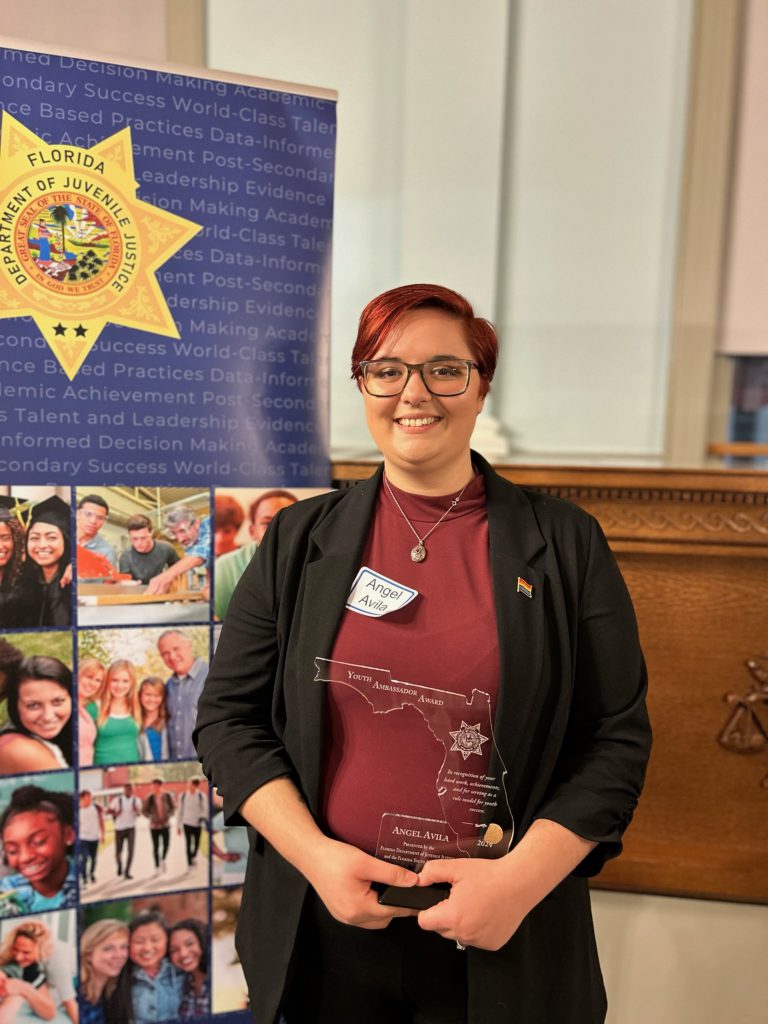
“When I was a young girl, seeing how many people were so passionate about helping someone who needed it has really inspired me,” Angel said with a smile. “I’m hopeful one day life will come full circle, and I will be that for someone else.”
“From Pace’s founding in 1985 to today, Pace has been a testimony to every girl that there is a future and hope,” Angel concluded.


